 April 22, 2013: The world gets its first Apple car. Well, kind of. In reality, the iBeetle is a collaboration with German automaker Volkswagen that offers a car “stylistically linked” to Apple.
April 22, 2013: The world gets its first Apple car. Well, kind of. In reality, the iBeetle is a collaboration with German automaker Volkswagen that offers a car “stylistically linked” to Apple.
This means Apple-inspired colors, a built-in docking station for your iPhone, and a special app that lets you control the car’s features.
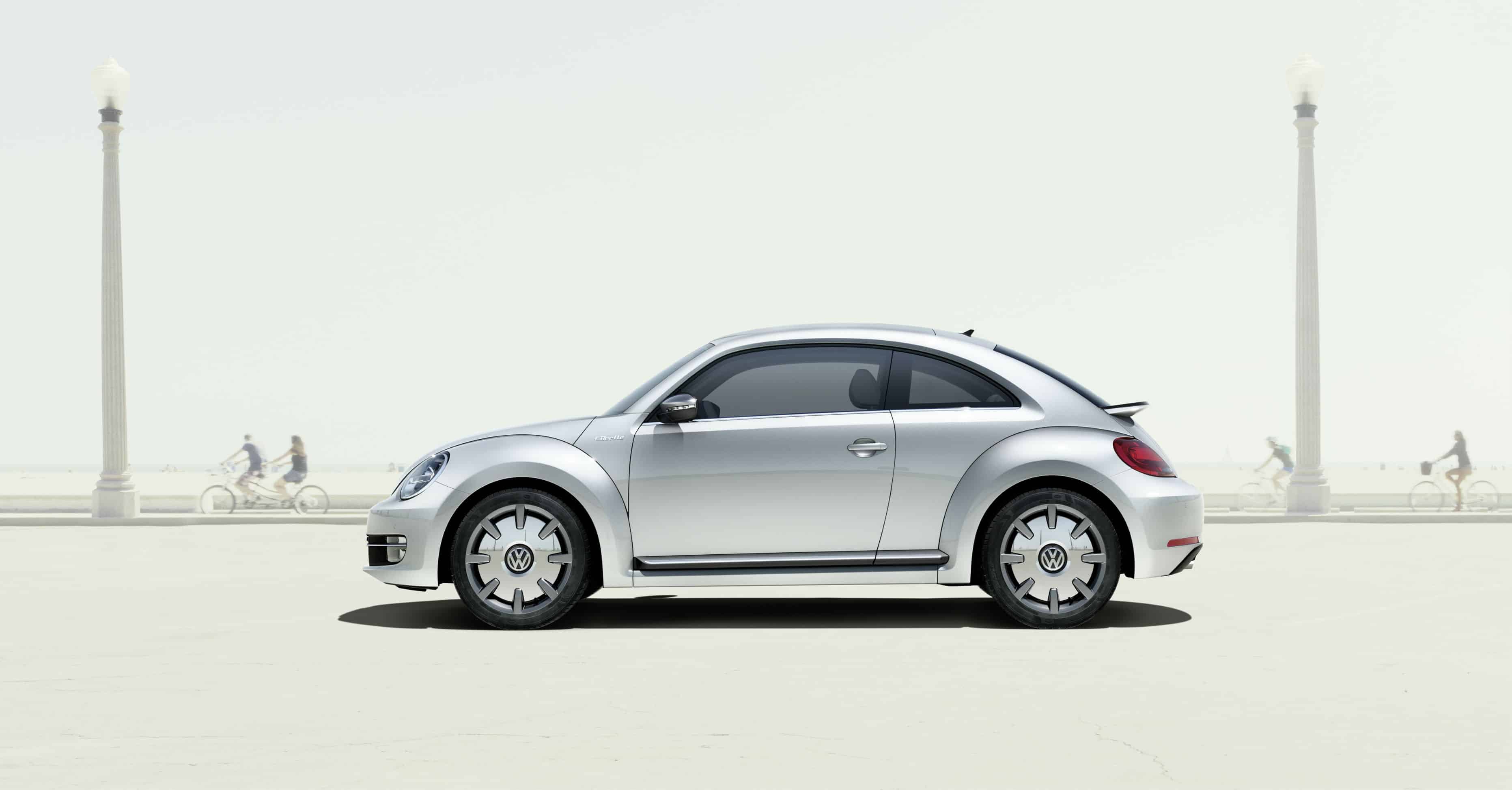
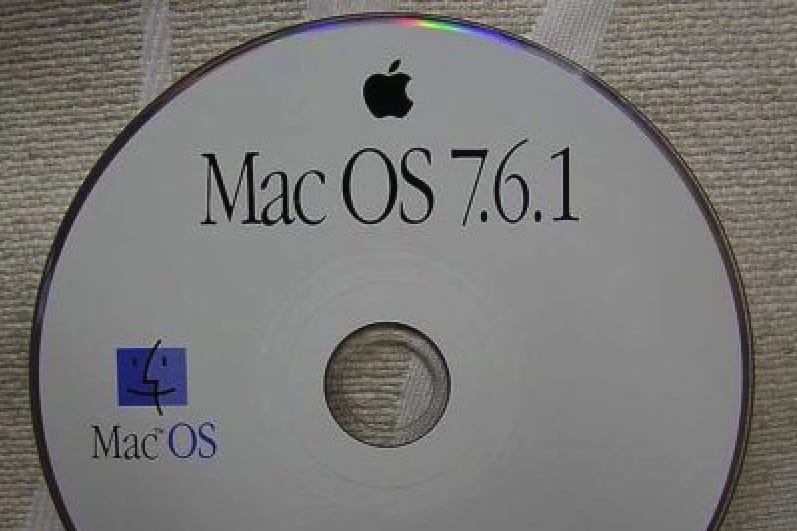
 April 7, 1997: Apple’s System 7 operating system receives its last update with the shipping of Mac OS 7.6.1.
April 7, 1997: Apple’s System 7 operating system receives its last update with the shipping of Mac OS 7.6.1.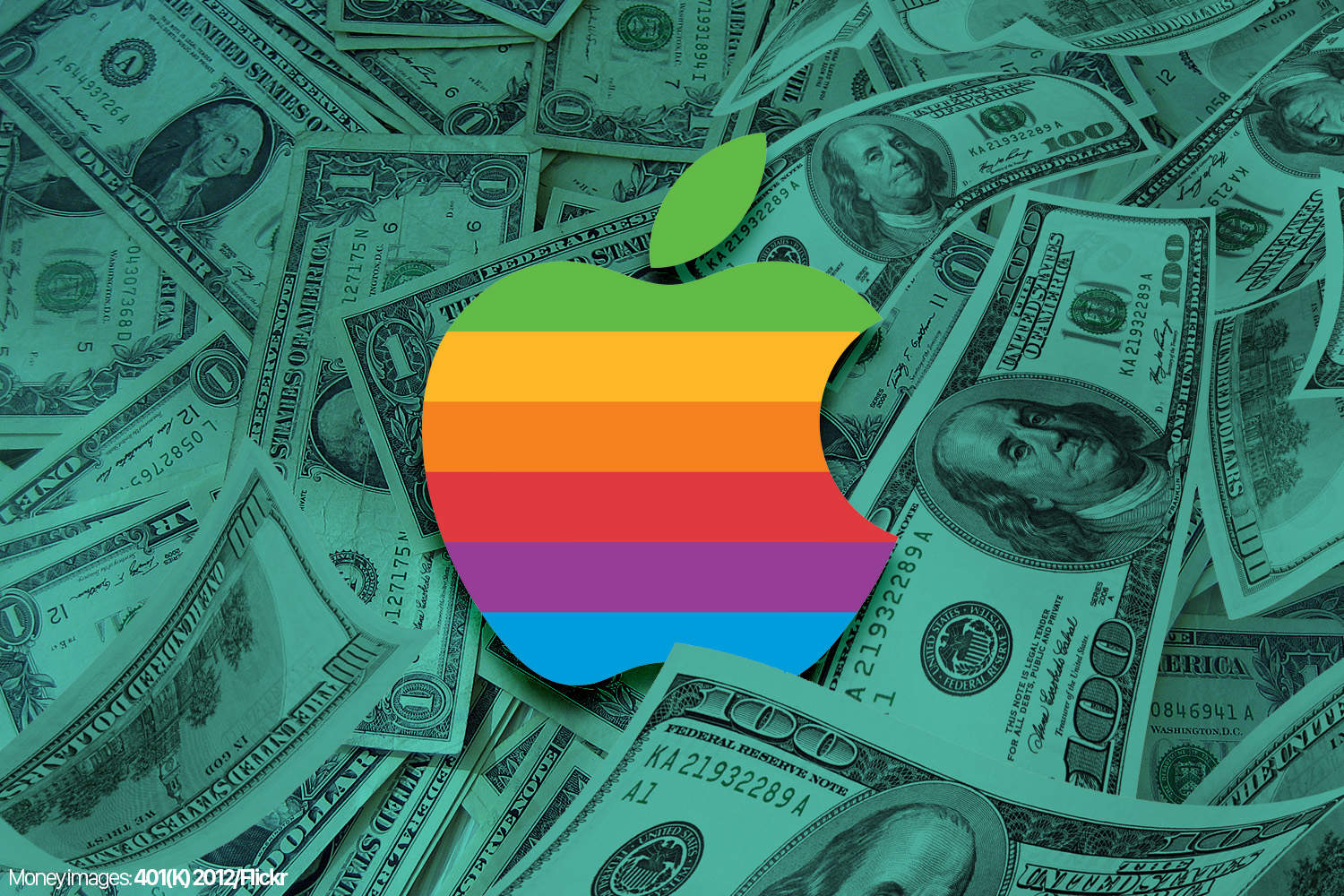
 March 28, 1996: In a dire message to Wall Street, Apple warns that it will report a $700 million after-tax loss for its most recent quarter.
March 28, 1996: In a dire message to Wall Street, Apple warns that it will report a $700 million after-tax loss for its most recent quarter.
 March 15, 2004: The iTunes Music Store hits a musical milestone, having sold an astonishing 50 million songs in less than a year. The achievement cements Apple’s place at the center of the rapidly changing music business — at least for the moment.
March 15, 2004: The iTunes Music Store hits a musical milestone, having sold an astonishing 50 million songs in less than a year. The achievement cements Apple’s place at the center of the rapidly changing music business — at least for the moment.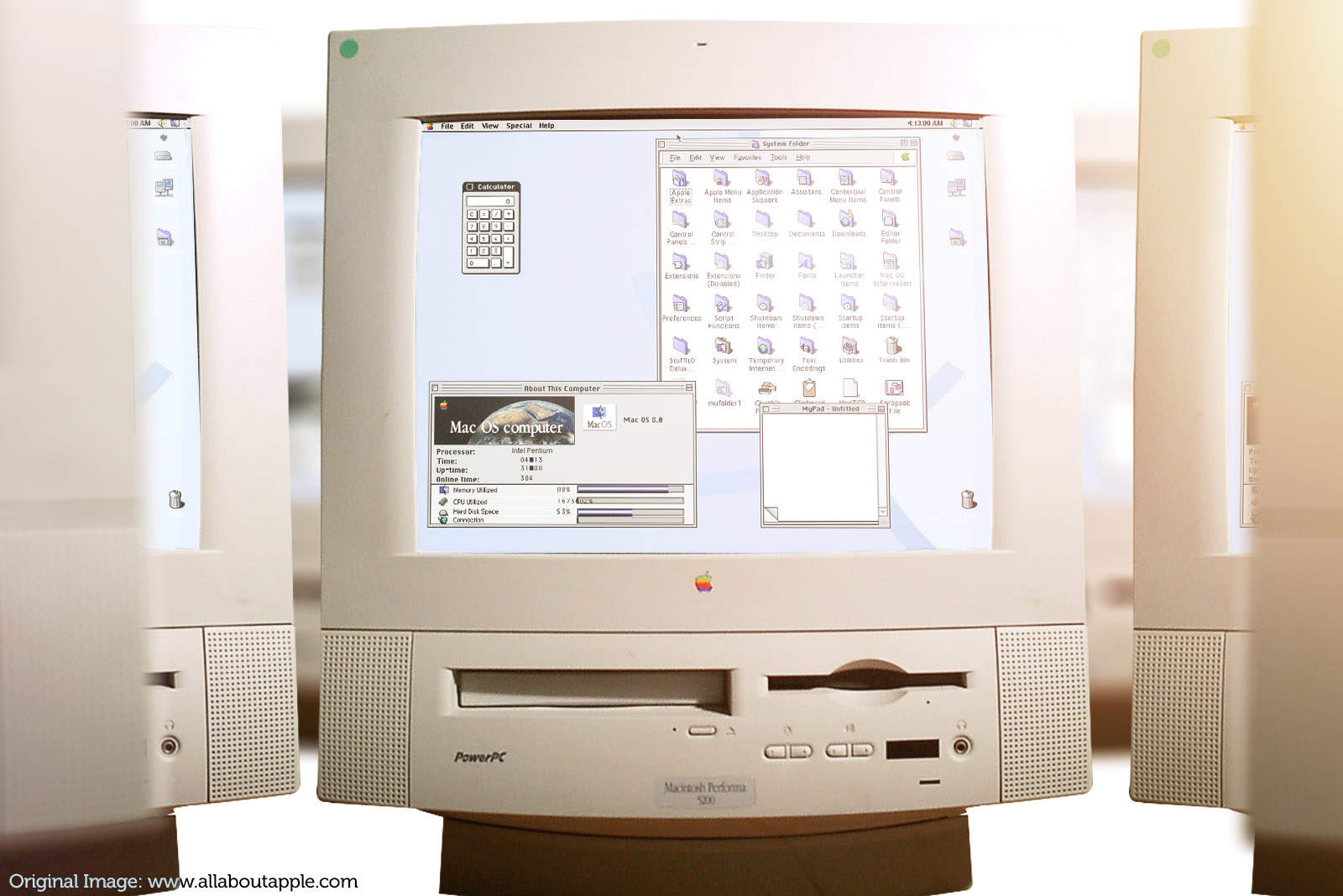
 March 8, 1997: Apple renames the forthcoming Mac OS 7.7 update, calling it “Mac OS 8.” It’s more than just a name change, though: It’s a sneaky sucker punch that ultimately knocks out Mac clones.
March 8, 1997: Apple renames the forthcoming Mac OS 7.7 update, calling it “Mac OS 8.” It’s more than just a name change, though: It’s a sneaky sucker punch that ultimately knocks out Mac clones.
 March 4, 2014: Peter Oppenheimer, the Apple chief financial officer who presided over a decade of skyrocketing growth, steps down from the company.
March 4, 2014: Peter Oppenheimer, the Apple chief financial officer who presided over a decade of skyrocketing growth, steps down from the company.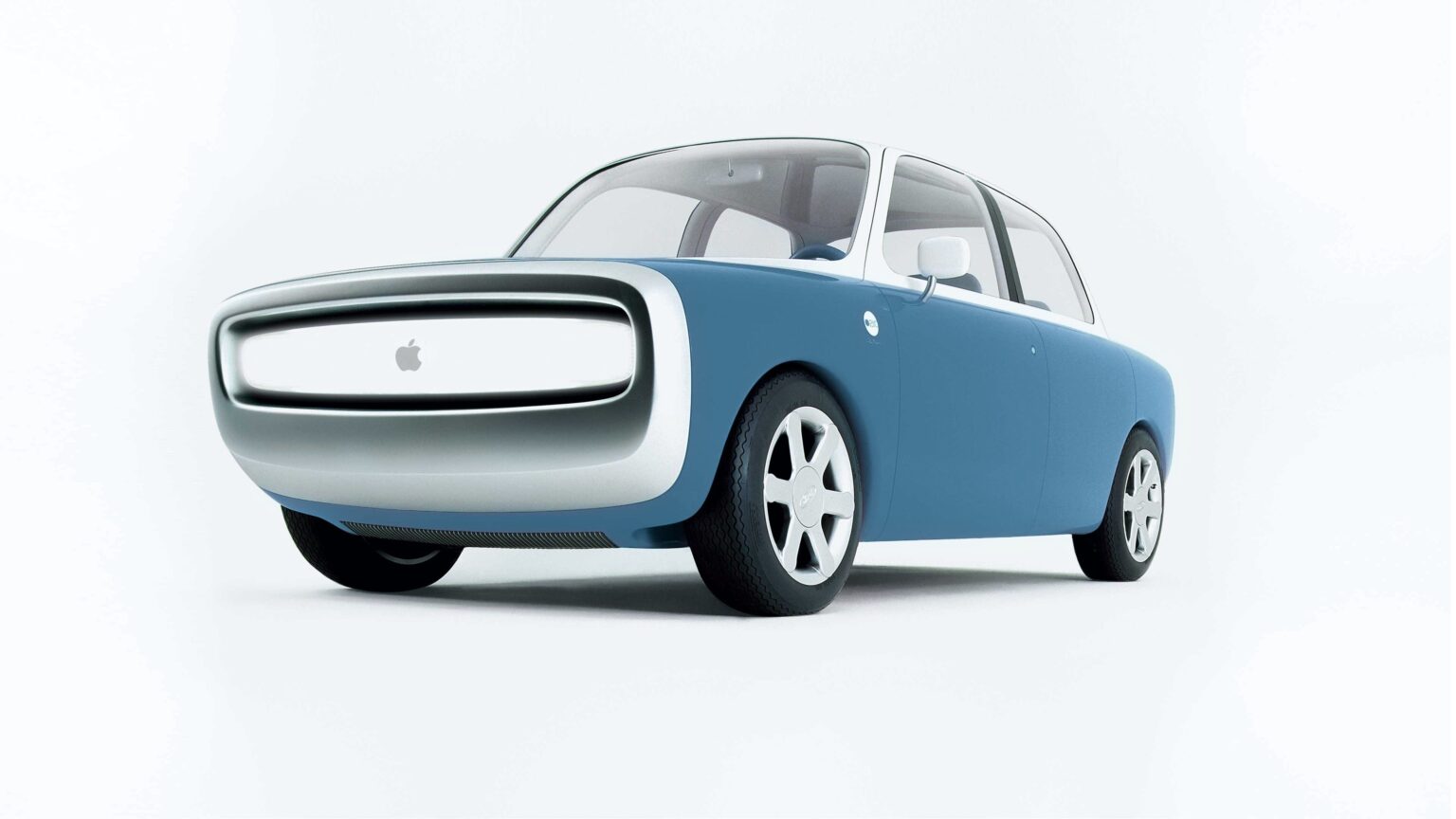
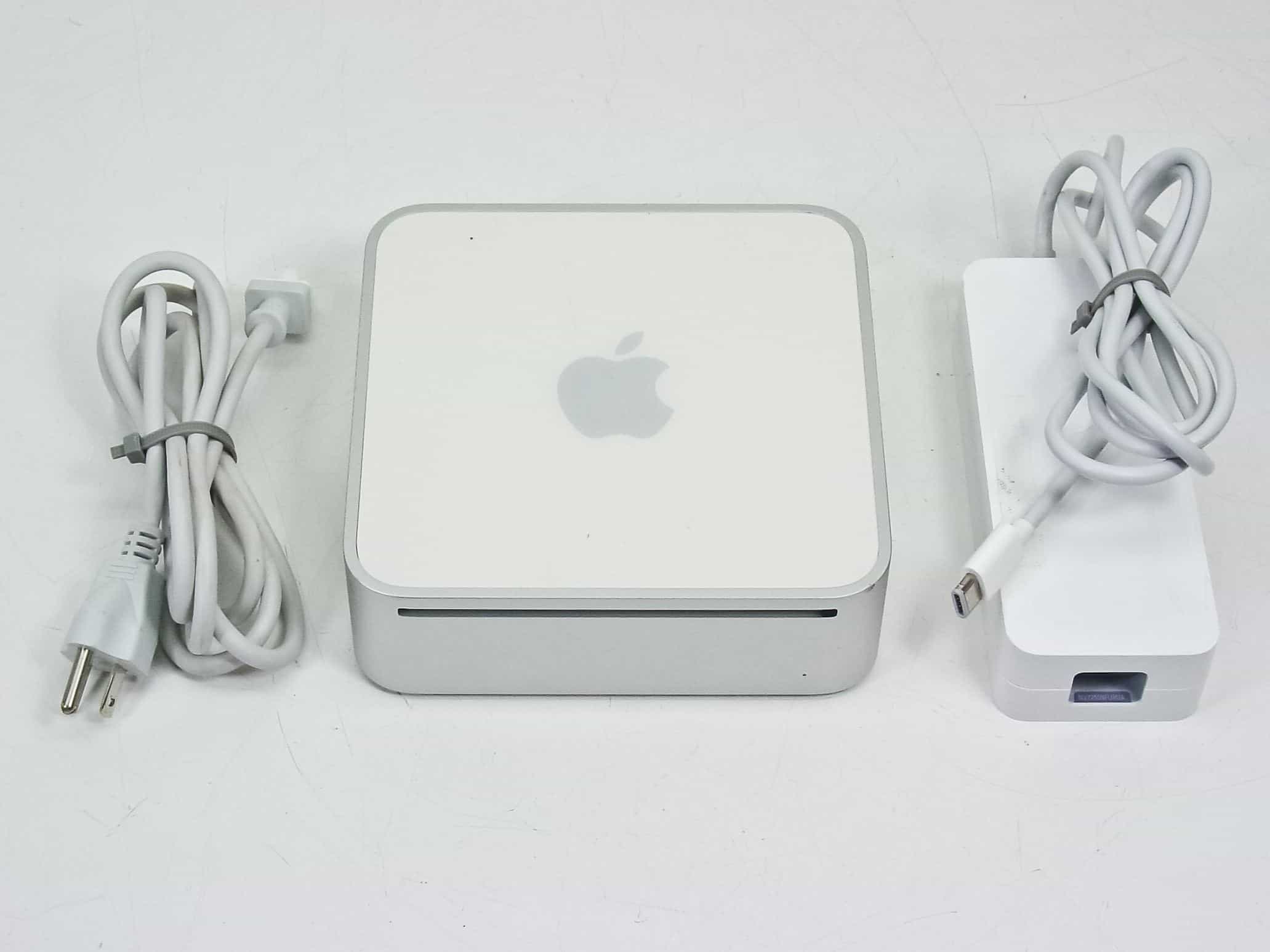
 February 28, 2006: Apple introduces an upgraded Mac mini, an affordable computer powered by an Intel processor.
February 28, 2006: Apple introduces an upgraded Mac mini, an affordable computer powered by an Intel processor.
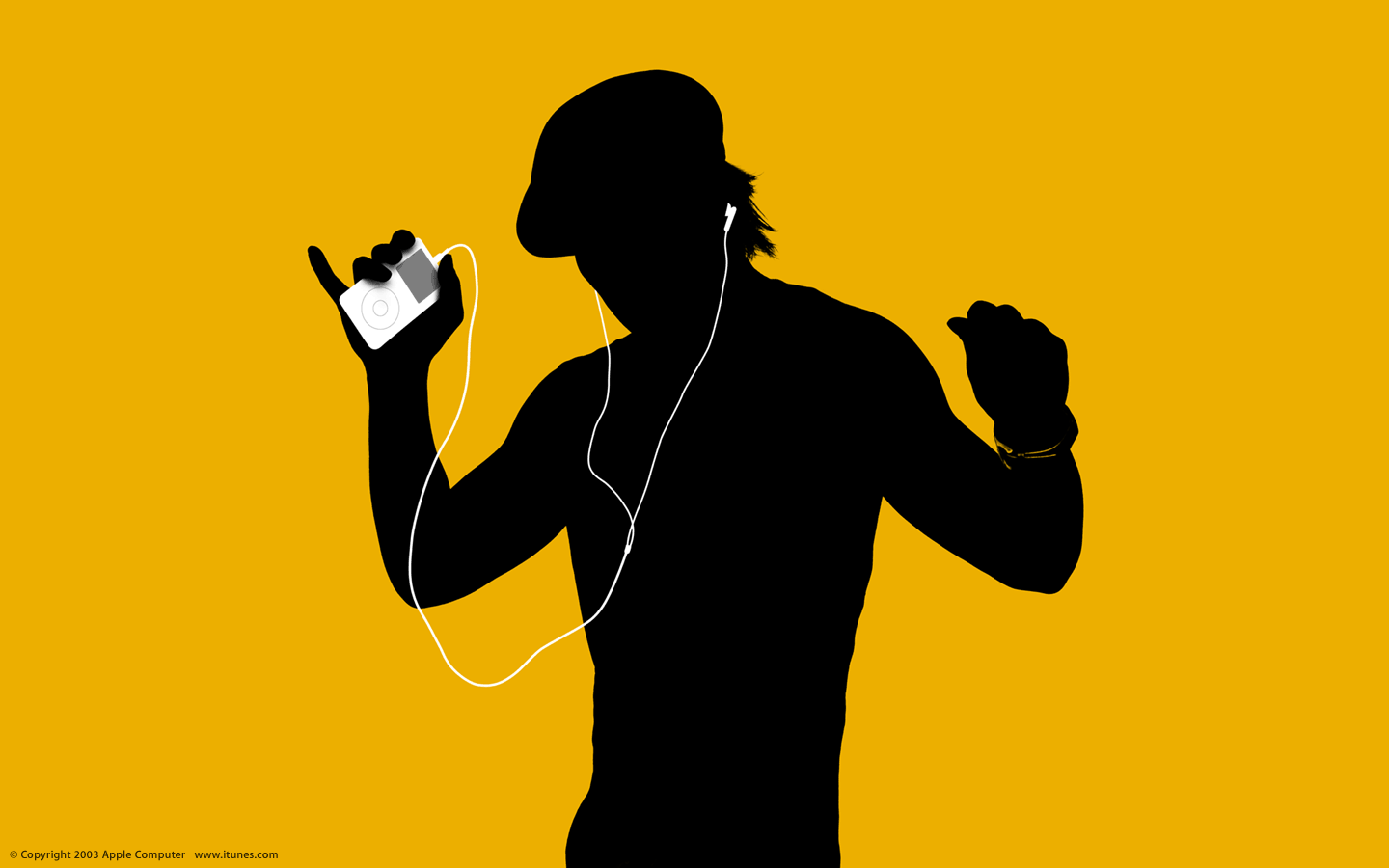
 February 26, 2008: Less than five years after launching, the iTunes Music Store becomes the No. 2 music retailer in the United States, second only to Walmart.
February 26, 2008: Less than five years after launching, the iTunes Music Store becomes the No. 2 music retailer in the United States, second only to Walmart.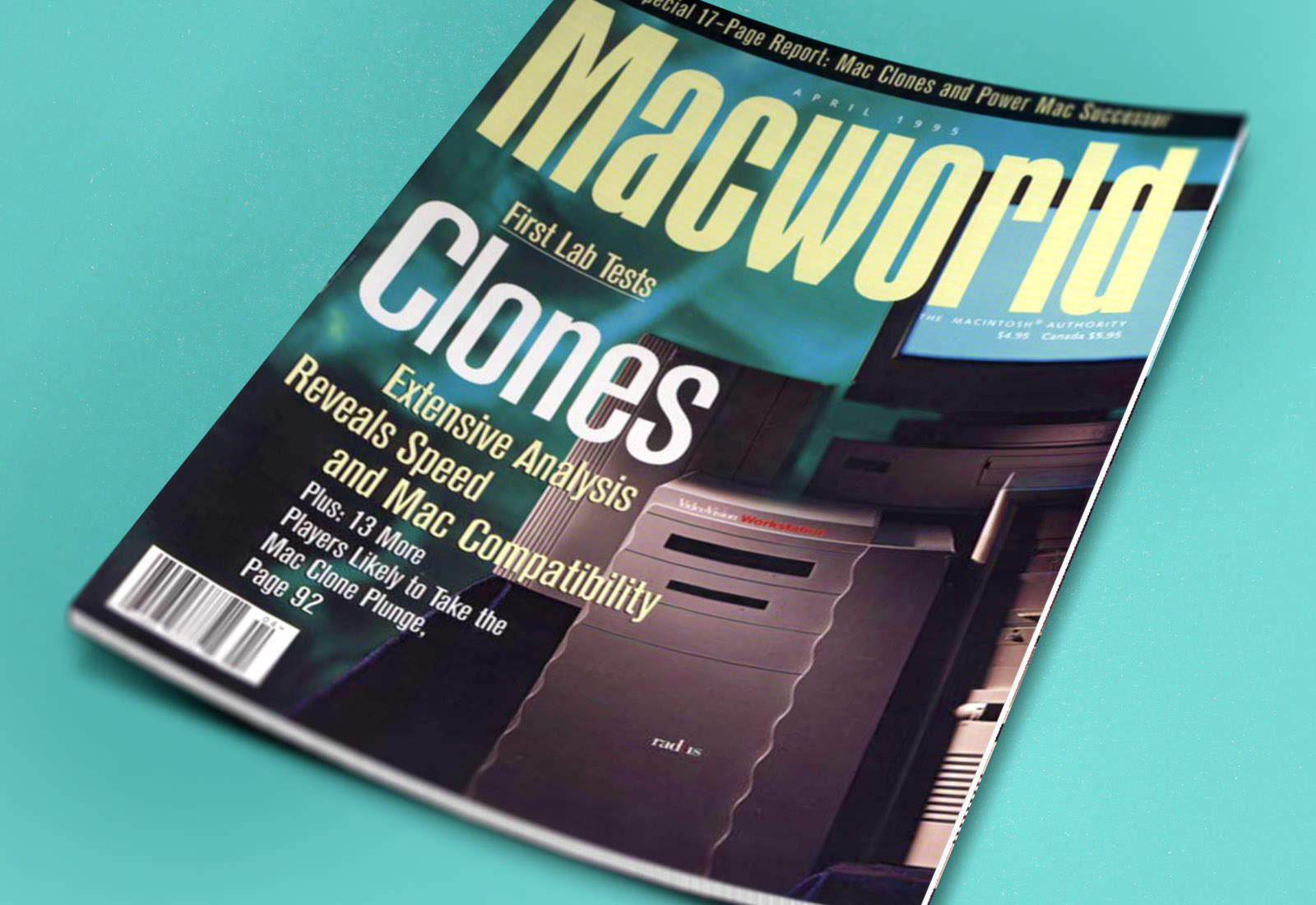
 January 4, 1995: Apple signs a deal with third-party Mac accessory-maker Radius, allowing the company to build Macintosh clones.
January 4, 1995: Apple signs a deal with third-party Mac accessory-maker Radius, allowing the company to build Macintosh clones.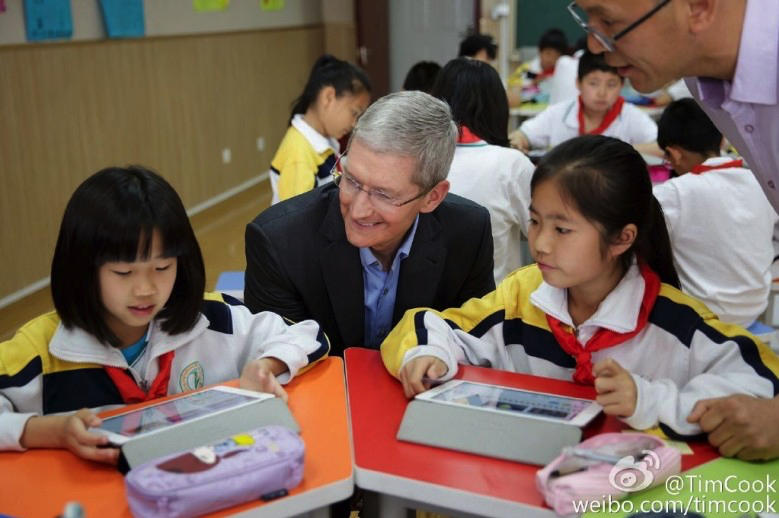
 December 22, 2013: After months of false starts, Apple finally secures a deal with China Mobile to bring the iPhone to the world’s largest telecom company.
December 22, 2013: After months of false starts, Apple finally secures a deal with China Mobile to bring the iPhone to the world’s largest telecom company.
 December 18, 2006: Apple fans mourn the death of the iPhone before it even launches.
December 18, 2006: Apple fans mourn the death of the iPhone before it even launches.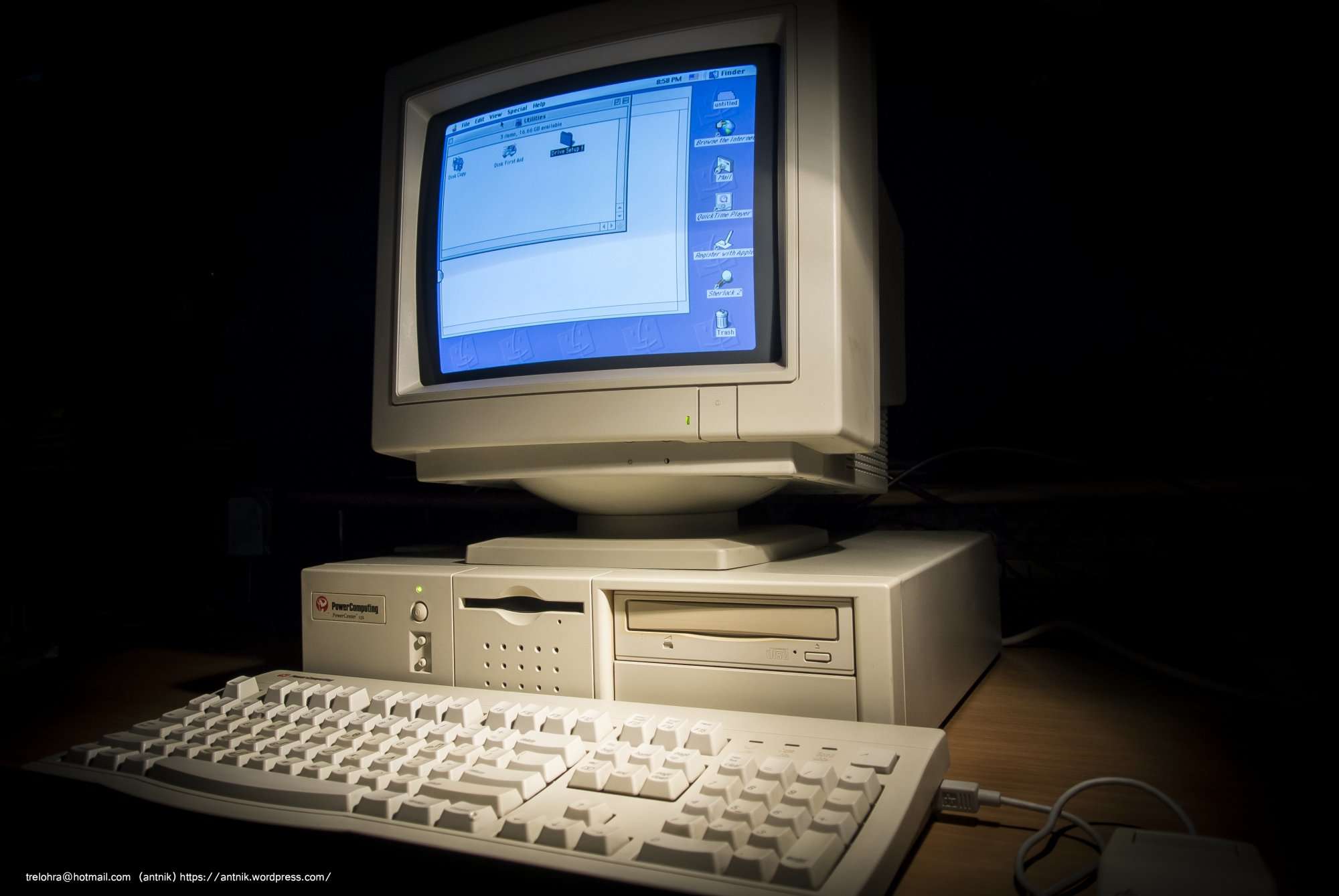
 December 16, 1994: Apple Computer inks a licensing deal with Power Computing, allowing the company to produce Macintosh-compatible computers.
December 16, 1994: Apple Computer inks a licensing deal with Power Computing, allowing the company to produce Macintosh-compatible computers.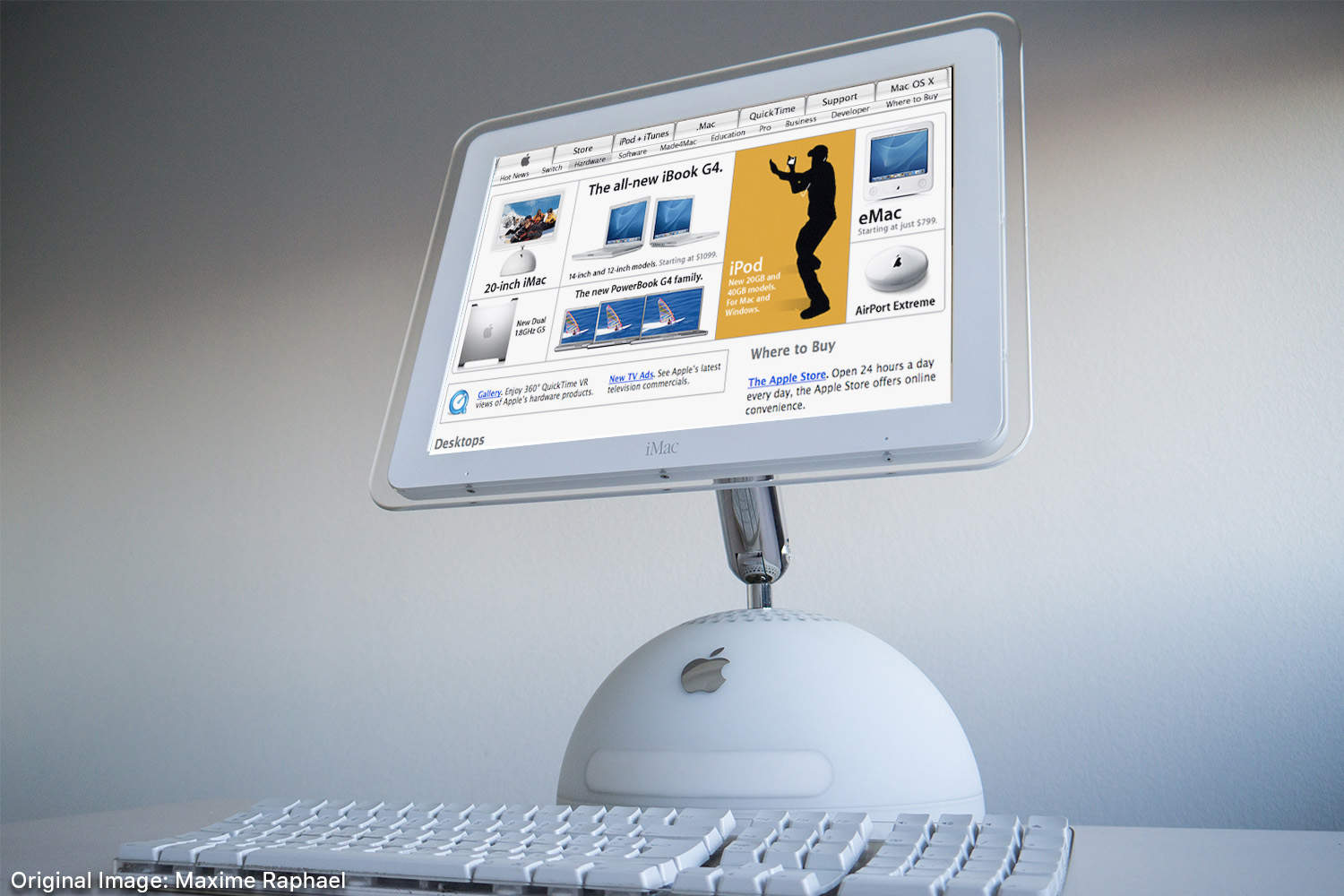
 December 5, 2002: Cupertino says it served its millionth unique customer in the Apple Store online, marking a significant milestone for the company. It is a benchmark worth celebrating for Apple, which launched its online store just five years earlier.
December 5, 2002: Cupertino says it served its millionth unique customer in the Apple Store online, marking a significant milestone for the company. It is a benchmark worth celebrating for Apple, which launched its online store just five years earlier. November 22, 2005: Two-and-a-half years
November 22, 2005: Two-and-a-half years 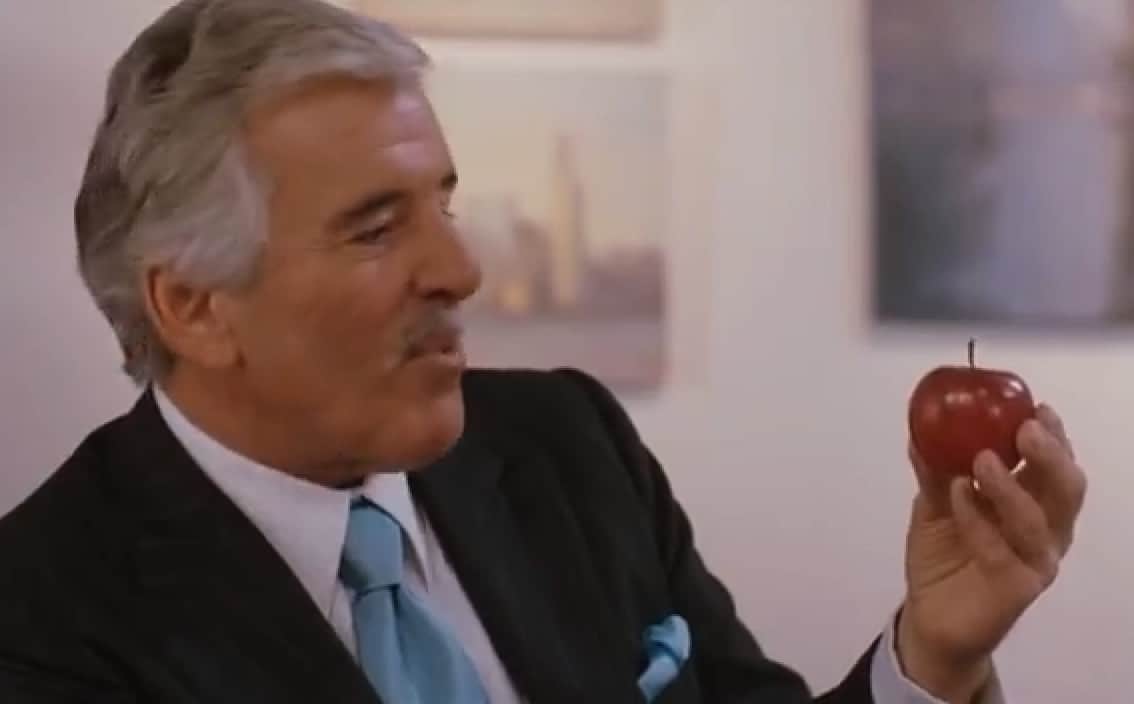
 November 20, 2007: In a milestone for iTunes movie distribution, Purple Violets becomes the first feature film to launch exclusively on Apple’s platform.
November 20, 2007: In a milestone for iTunes movie distribution, Purple Violets becomes the first feature film to launch exclusively on Apple’s platform.
 November 12, 1996: Apple lays out a wild plan to get into the restaurant business, saying it will open a chain of Apple Cafes with a touchscreen point-of-sale system.
November 12, 1996: Apple lays out a wild plan to get into the restaurant business, saying it will open a chain of Apple Cafes with a touchscreen point-of-sale system. November 6, 2003: After
November 6, 2003: After 
 November 4, 1997: Apple unveils its plan to open small “store within a store” sections inside CompUSA outlets around the United States.
November 4, 1997: Apple unveils its plan to open small “store within a store” sections inside CompUSA outlets around the United States.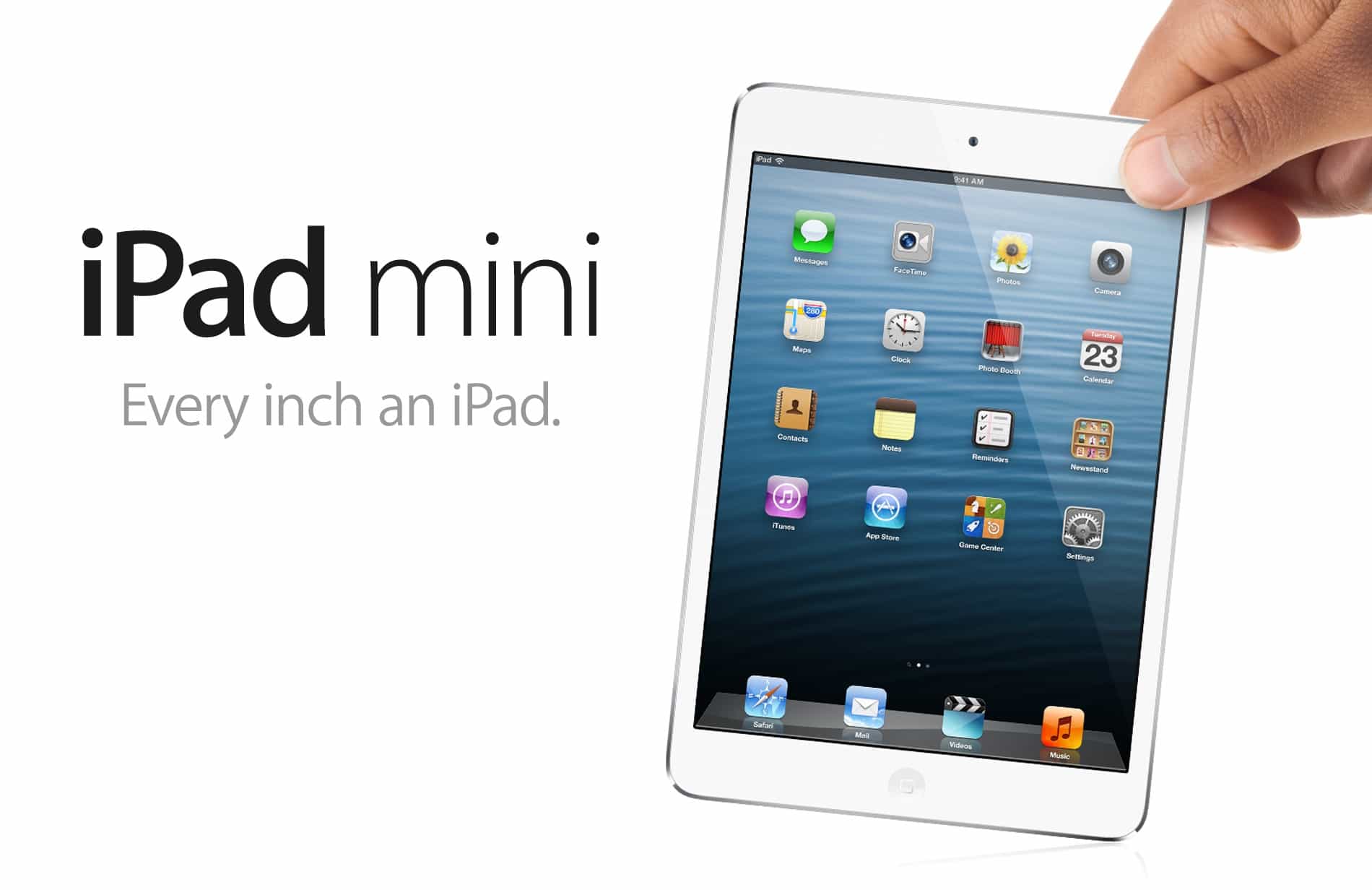
 November 2, 2012: The first-generation iPad mini goes on sale, shrinking both the size and the price tag of Apple’s groundbreaking tablet computer.
November 2, 2012: The first-generation iPad mini goes on sale, shrinking both the size and the price tag of Apple’s groundbreaking tablet computer.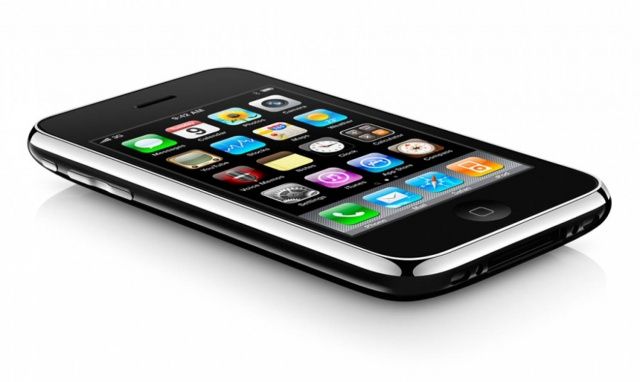
 October 30, 2009: Two years after launching in the United States, the iPhone finally goes on sale in China, giving Apple a chance to reach the world’s largest market.
October 30, 2009: Two years after launching in the United States, the iPhone finally goes on sale in China, giving Apple a chance to reach the world’s largest market.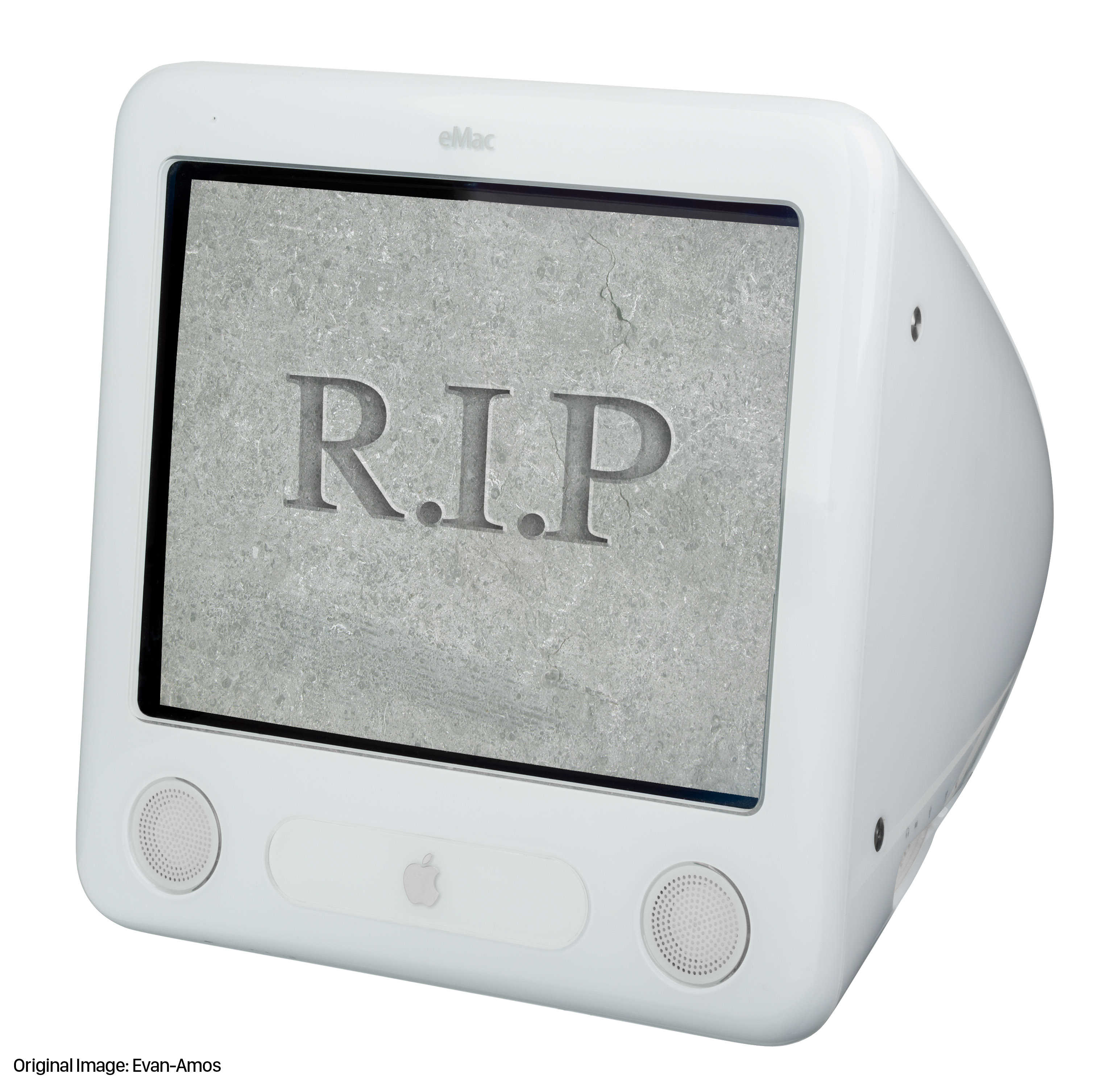
 October 27, 1999: Dell Computer overtakes Apple in the educational market, stealing Cupertino’s crown as the top company selling computers to U.S. schools.
October 27, 1999: Dell Computer overtakes Apple in the educational market, stealing Cupertino’s crown as the top company selling computers to U.S. schools.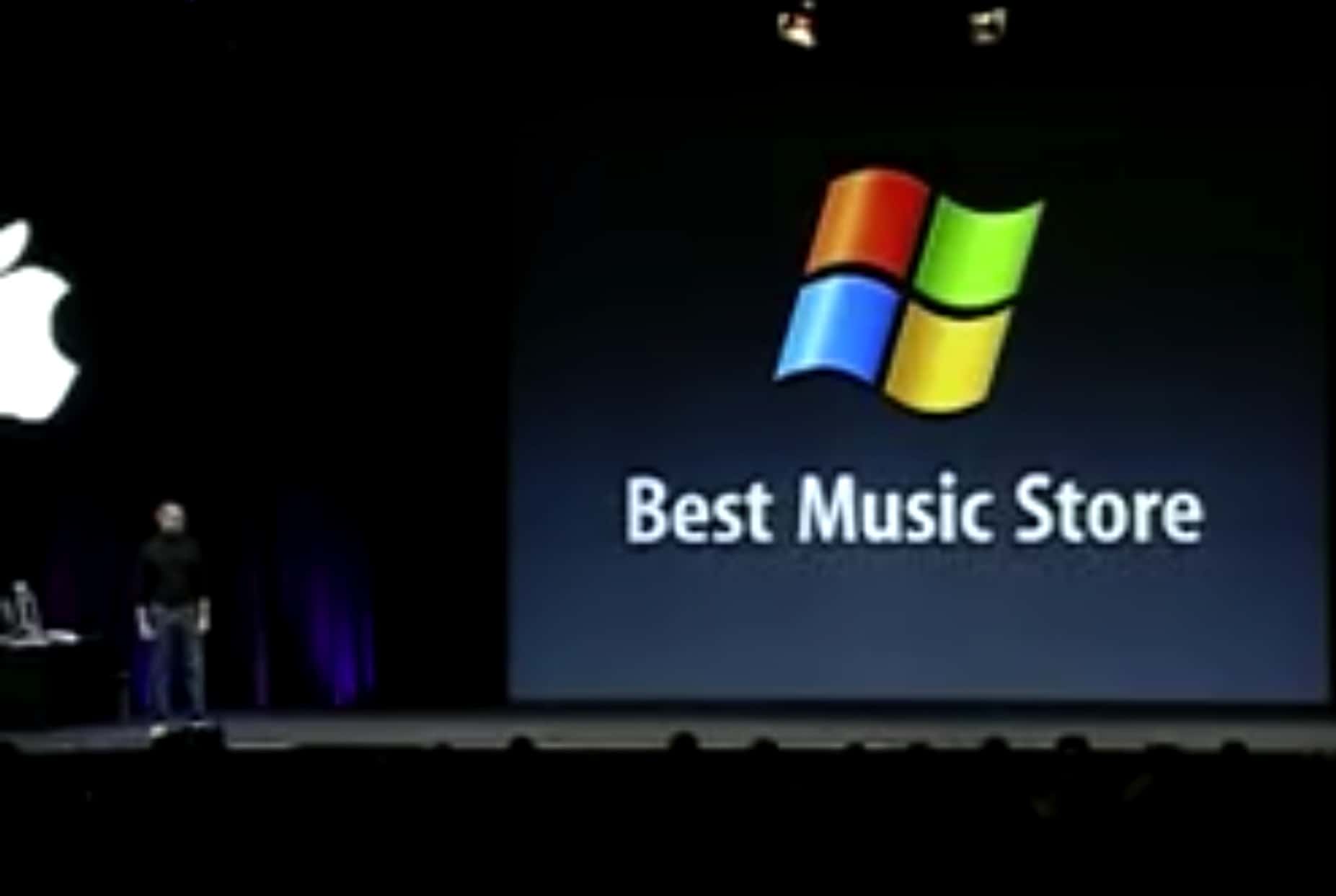
 October 16, 2003: Six months after opening the iTunes Music Store for Mac owners, Apple expands the service to cover Windows PCs as well.
October 16, 2003: Six months after opening the iTunes Music Store for Mac owners, Apple expands the service to cover Windows PCs as well.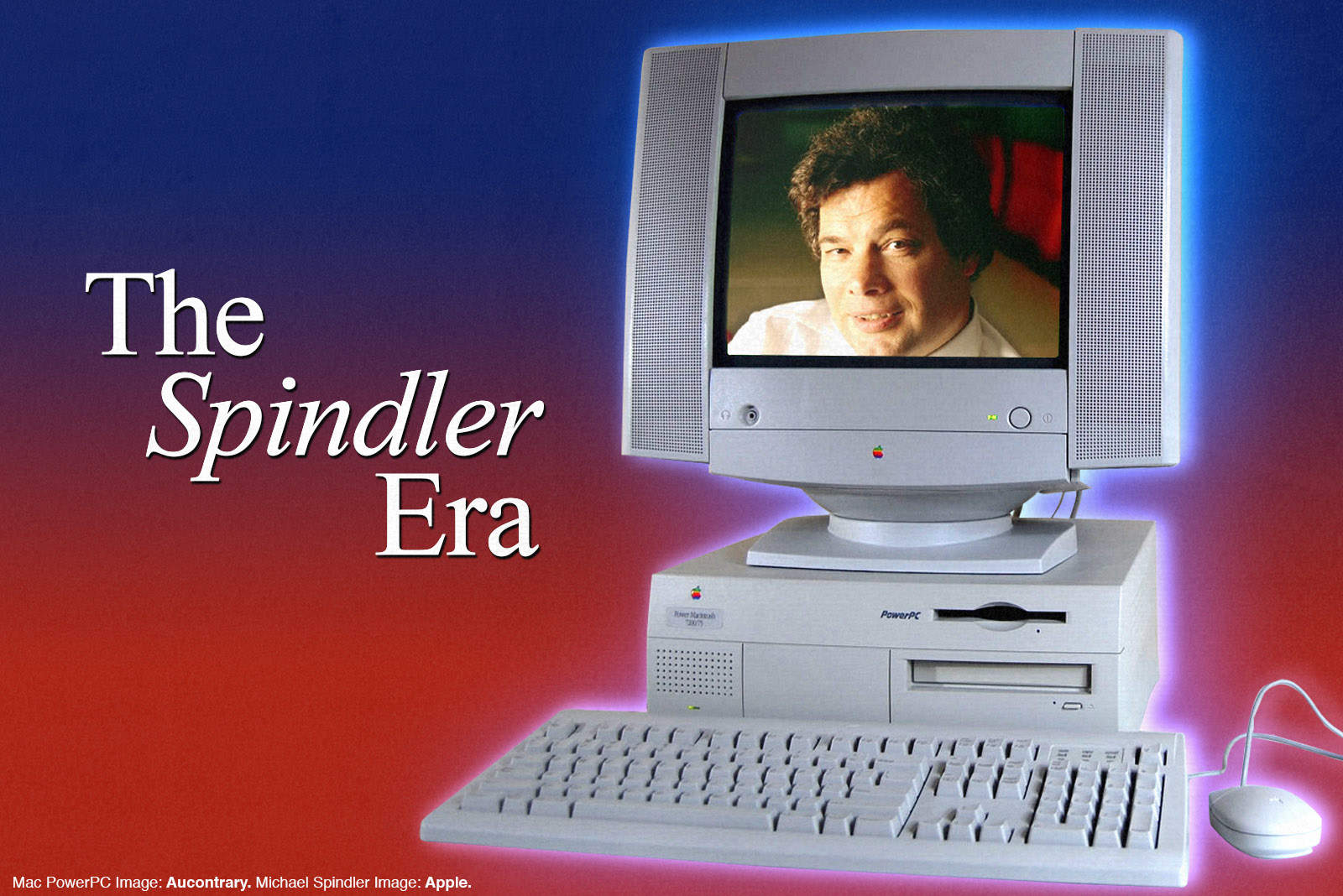
 October 3, 1994: Apple CEO Michael Spindler reassures the world that Apple “is not a lame-duck company.”
October 3, 1994: Apple CEO Michael Spindler reassures the world that Apple “is not a lame-duck company.”